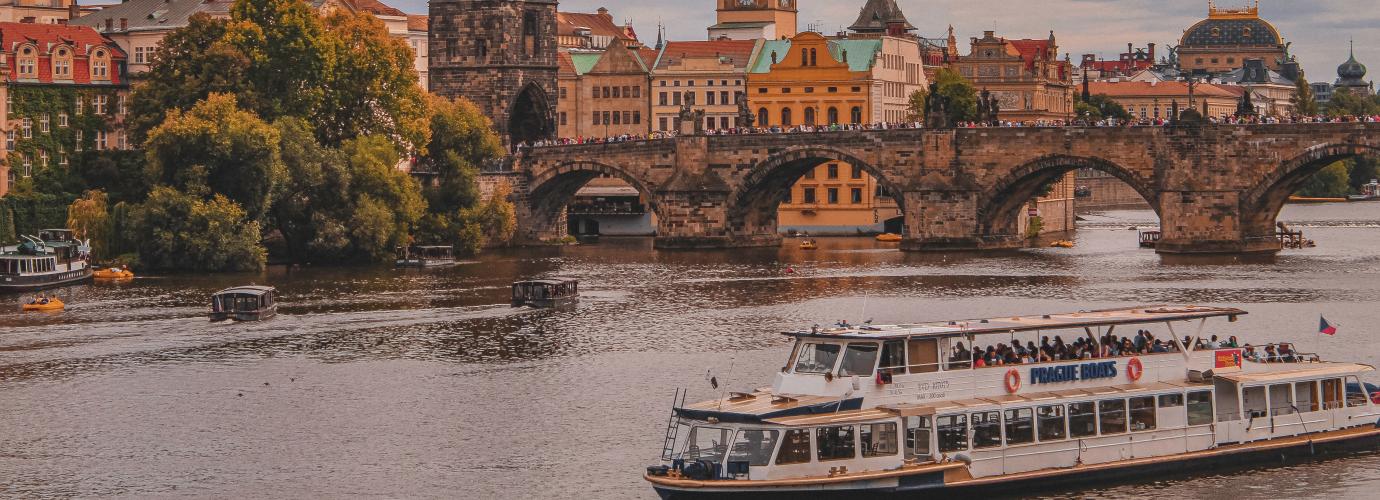Overview
Basic education covers primary (ISCED 1) and lower-secondary (ISCED 2) education and takes 9 years which corresponds to 9 years of compulsory schooling (usually from 6 to 15 years of age). After successfully completing the basic education programme the pupil acquires a level of basic education (základní vzdělání).
The overall majority of the population (almost 90 %) acquire basic education in a basic school (základní škola) which is divided into:
the 1st stage (primary level) years 1 to 5
the 2nd stage (lower secondary level) years 6 to 9
Some schools do not have all these grades, mostly they cover just primary level.
In basic schools, preparatory classes (přípravné třídy) can be set up for children in the last year before the compulsory school attendance where there is a presumption that their inclusion into the preparatory class may balance out their development, and preferentially to children with postponement of compulsory school attendance. Preparatory classes correspond to pre-primary level of education (ISCED 020).
More than 11 % of pupils complete their basic education in the lower stage of eight-year and six-year of so-called multi-year secondary general schools (víceletá gymnázia), a small number in the lower stage of eight-year conservatoires (konzervatoř), corresponding to lower secondary education or its part. (Source of the statistics: Ministry of Education, Youth and Sports.)
Persons who completed 9 years of compulsory schooling but did not obtain the level of basic education can obtain it in relevant courses.
Children are eligible to be enrolled in their catchment basic school; however, their parents may also choose a school outside the catchment area. When basic school pupils successfully complete the 5th or 7th year, they can be admitted to an eighth-year or six-year general secondary school if they meet selection criteria in an admission process. An applicant passes the common entrance examination in the form of a didactic test in Czech language and literature and in Mathematics, and eventually an entrance examination if set by the school head. After pupils have successfully completed the 5th year of basic school and passed an aptitude test, they can be admitted to an eighth-year conservatoire.
Public basic schools are usually established by municipalities or a group of municipalities, however, schools can be also established and run by private entities or religious organisations. It is possible to establish a joint institution of a nursery school (mateřská škola), basic school or/and upper secondary school (střední škola). Basic schools for children with disabilities with specially adjusted education programmes are usually founded by regions or the Ministry of Education, Youth and Sports. Multi-year general secondary schools or eight-year conservatoires are established mostly by regions. (Information on administration of school establishments can be found in the Chapter 2 on Organisation and Governance which also contains information on private schools).
The school also fulfils broader educational and social functions. It provides:
after-school activities in school clubs (školní družina and školní klub) which help to develop children’s skills and interests
Education in individual art disciplines is provided at primary and lower-secondary levels through basic art schools (základní umělecké školy).
General objectives
Under the Education Act, basic education should lead pupils to acquiring necessary strategies of learning and on this foundation motivate them for lifelong learning. It should:
stimulate creative thinking and problem solving;
help children effectively communicate and collaborate;
show them how to protect their physical and mental health as well as cultural values and the environment;
lead them to being considerate and tolerant to other people and to different cultural and spiritual values;
make them recognize their own abilities, possibilities and limitations and apply them in accordance with the acquired knowledge and skills when making decisions about their future career path.
More detailed goals are provided in the basic educational document – the Framework Education Programme for Basic Education (FEP BE) applicable to education in a basic school (základní škola) and at a lower stage of multi-year general secondary schools (víceletá gymnázia). Eight-year conservatoires (konzervatoře) follow an independent Framework Education Programme for Eight-Year Conservatoires (the Dance Field); however, most goals are common. These programmes serve as a foundation for school education programmes (SEPs). The objectives in SEPs are concretised.
Legislative framework
Basic requirements for provision of basic education and basic art education are stipulated by the Education Act which was passed in September 2004 and became effective on 1 January 2005. The details are set by decrees and methodological regulations:
Decree on Basic Education (sets the organisation of basic education, number of pupils per school and classroom, conditions for providing textbooks and learning materials, organisation of adult basic education classes, rules for pupils’ assessment, examinations of pupils attending basic school (základní škola) abroad and re-sit examinations)
Decree on Sanitary Standards in Institutions and Facilities for Education of Children and Youth
Minimum Safety Standard and Guidelines of the MEYS for Assuring Security and Health Protection of Children, Pupils and Students (binding for schools established by the Ministry of Education, Youth and Sports, recommended to other schools)

